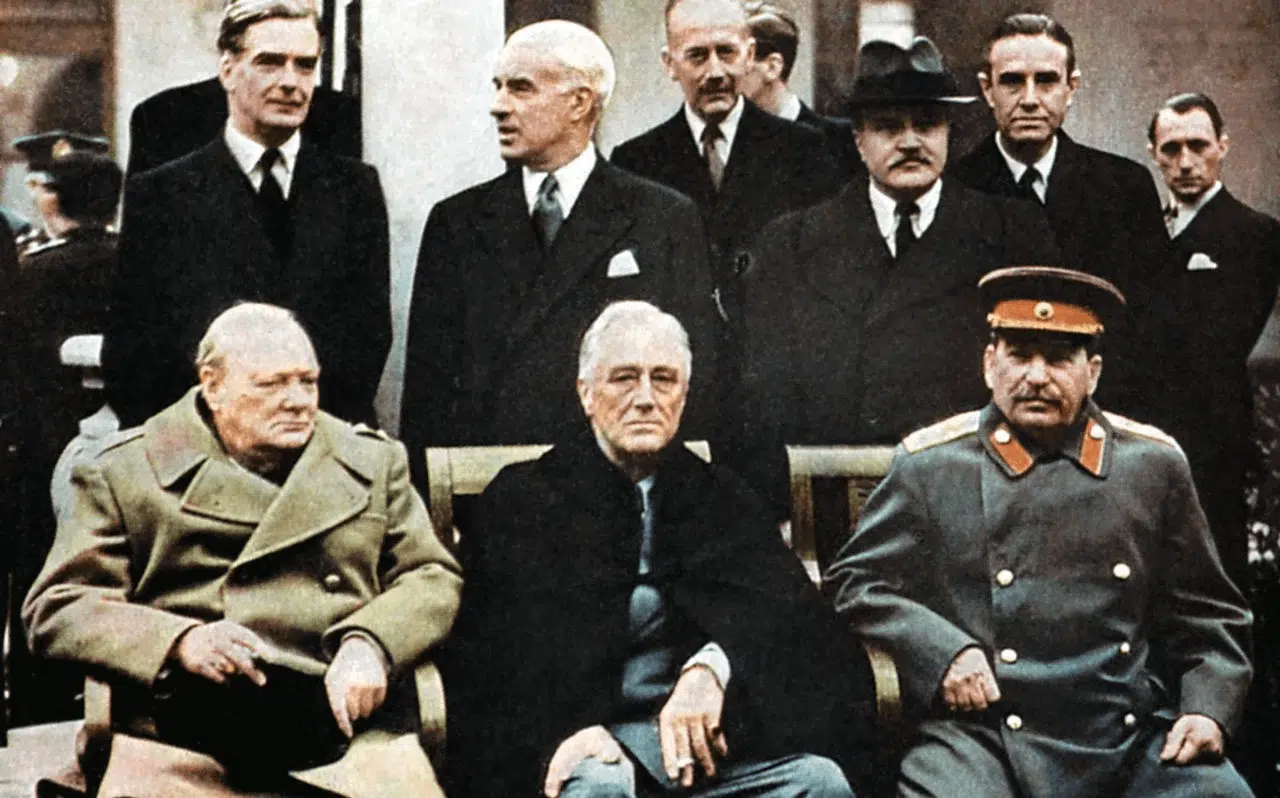
The defining moment for the birth of democracy in Asia was the end of World War II, a victory for democracy amongst the colonial powers of Western Europe. In the carve up of the world that followed, many restless colonies were granted independence as a reward for their support for the embattled colonial powers during the war, and representative Governments were established around the world to reflect the general will of their citizens. In Asia, the importance of building a functioning liberal democracy was highlighted by the success of America, Britain’s victory over the Nazis, and the ominous words of Winston Churchill: “democracy is the worst form of Government except for all those other forms that have been tried from time to time”.
As a result, Asian democracies are less than 80 years old (some much less) and, whilst many western commentators talk up the importance of preserving democracy in Asia (by which they really mean the preservation of human rights, personal freedoms and the rule of law) as a counterweight to the increasingly powerful, autocratic and assertive regime of China, most of the older and more respected western democracies are failing to lead by example, at just the wrong moment.
A quick review of the fragile state of liberal democracies across the Asia Pacific region suggests that there has been a gradual drift towards populism and authoritarianism, which has only accelerated in recent times:
- In Myanmar, the military, which already held veto power over constitutional change and control, staged a coup in February 2021 and have retained power ever since.
- In Thailand, the military remains in charge alongside the monarchy, blocking any return to democracy.
- India is drifting in an authoritarian direction under PM Narendra Modi, eroding the independence of India’s main institutions and becoming increasingly intolerant of critics and minorities
- Indonesia, Malaysia and the Philippines have generally experienced a deterioration in civil rights and political freedom
- In Japan (Asia’s oldest liberal democracy) some democratic principles and practices were weakened during the 8 years of PM Shinzo Abe’s leadership.
- South Korea’s left-of-centre government is infringing on judicial independence and freedom of speech.
- Hong Kong’s democratic freedoms have been eroded by the new National Security Law imposed on their Government by China.
- Taiwan is seeking to bolster and revitalise its liberal democracy in the face of the threat from China.
If western powers have a genuine interest in countering the so called ‘China threat’ by encouraging and promoting liberal democracies in Asia, they’re going to have to be a lot more proactive and committed to this, particularly in SE Asia where Governments are in urgent need of more vaccines and financial support to counter the Delta strain of Covid-19. So far there have been words of sympathy and support, but not much action, and the situation is getting worse by the day.
A more likely scenario is for China to fill the vacuum created by a divided America and a dysfunctional Europe by coming to the rescue of their Asian neighbours (investing in their health systems and infrastructure and stimulating an economic recovery) which will accelerate the rapidly changing power dynamics within the Asia Pacific region and lead to the establishment of a new world order for the 21st Century.
As with the start of the new era that followed World War II, this could be another defining moment in history.

